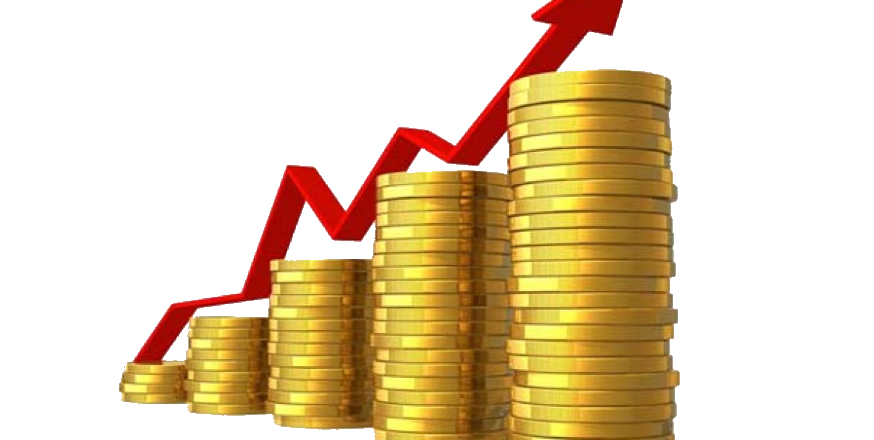
What is inflation?
Inflation is the increase in the prices of goods and services in a country or region over a period of time. The CPI, Consumer Price Index, is the index by which inflation is measured. If the CPI is positive, there is inflation, an increase in prices; if the CPI is negative, there is deflation, a decrease in prices.
Consequences of inflation
Rising prices cause people to lose purchasing power because they can buy less with the same money than before the rise.
Moderate inflation is common in developed economies and is not considered a bad thing as it is necessary to maintain consumption and economic growth. When there is inflation in a country, it is desirable for wages to increase by at least the same amount as the CPI, so that workers do not lose purchasing power and consumption is maintained.
The opposite situation, the decrease in prices, is called deflation and, contrary to what it may seem, it is a dangerous situation for the economy of a country because it produces a decrease in consumption and growth of the economy.
Causes of inflation
Inflation can be caused by any of the following situations:
- Increase in consumption or demand. In this case, inflation is the result of an excess of demand over supply.
- Inflation due to an increase in the cost of raw materials: Inflation is caused by an increase in the price of raw materials. Manufacturers or producers increase the price to maintain their margin.
- Self-constructed inflation. Sometimes, when a significant price increase is expected, prices begin to rise earlier than expected, so that the adjustment is made gradually.
- Inflation generated by inflation expectations. Occurs in areas with high inflation where workers ask for wage increases to offset the effect of future price increases. This, in turn, produces a rise in prices by the employers who pay these wages to maintain their profit margin and again generates inflation. This situation is called the vicious circle of inflation.
One of the main measures that can be taken to reduce inflation is to increase the interest rate on government debt, which is followed by an increase in lending rates. Rising interest rates have the effect of reducing consumption, i.e. lowering demand. One of the possible pernicious effects of this situation is that the reduction in demand translates into a reduction in production and this can lead to an increase in unemployment and a stagnation of the economy.